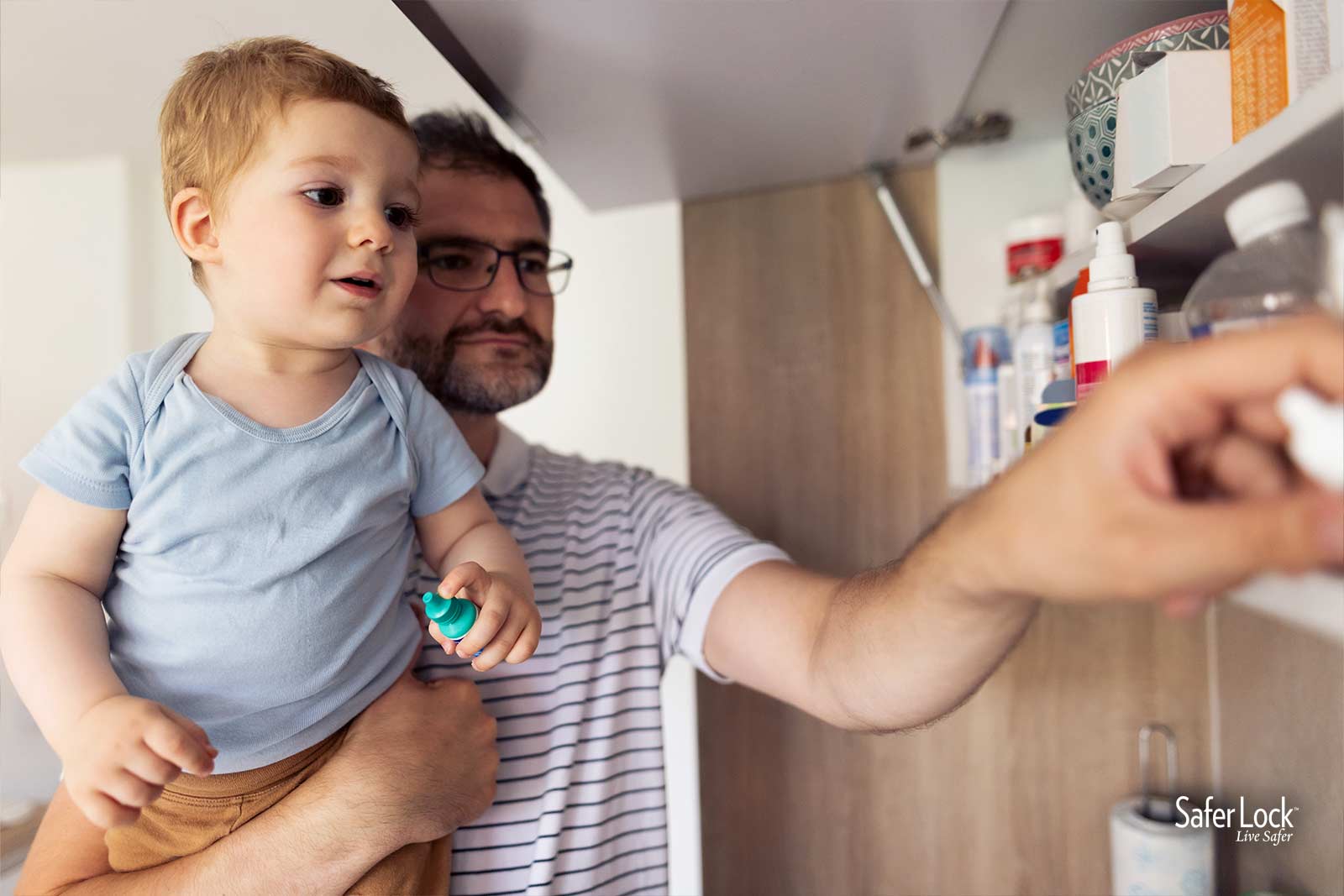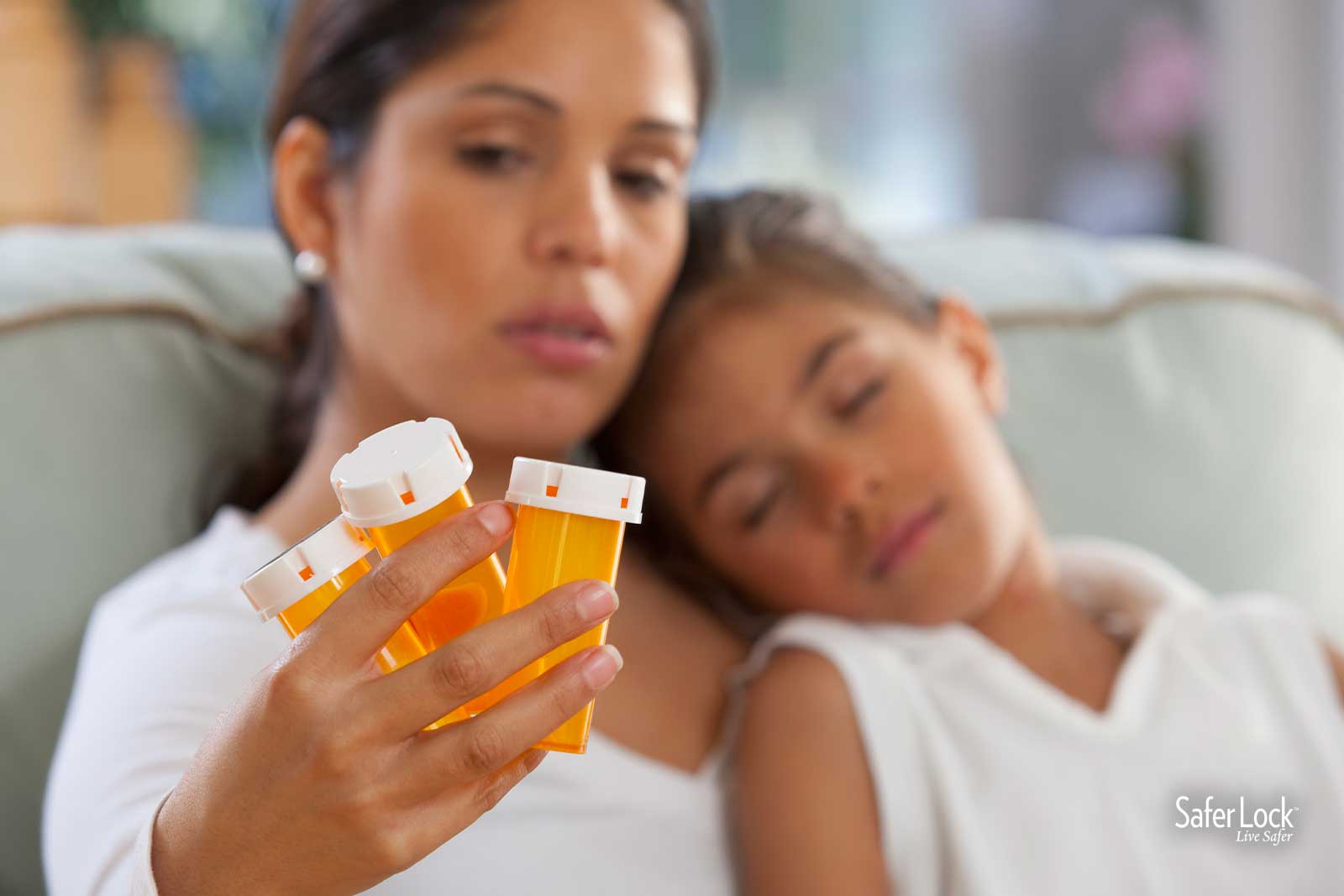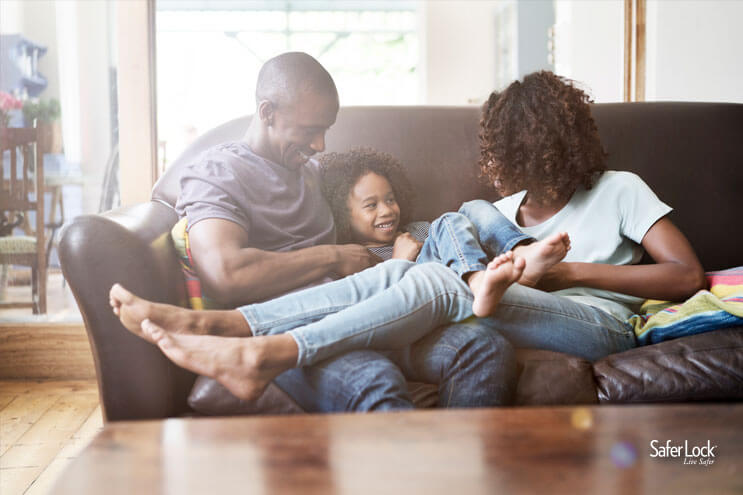Accidental medicine poisoning or prescription drug misuse can be devastating to families. Among young children, 95% of medication-related poisoning visits to the ER were caused by the child ingesting medication while unsupervised. Safe medicine storage is critical to keeping your family safe.
Discover which medications should be locked away in a lockbox to help keep your loved ones safe.*
4 Things to Keep in a Medication Locking Box
Opioids
Among people 12 and older, 9.3% misused opioids in the past year according to a survey by SAMHSA. And in 2021, opioid overdose deaths hit an all-time high, with one occurring in the United States every five minutes. The impacts of opioid misuse and addiction can be devastating. Help keep your household safe by safely securing any prescription opioids in a medication locking box.
Anti-Anxiety Medications
Some anti-anxiety medications like Benzodiazepines, also called Benzos, can come with a risk of dependency and withdrawal when used inappropriately. The rate of overdose deaths involving Benzos increased 8 times from 2002 to 2016. 75% of these deaths involved combined opioid use. If you have one of these medications in the house, it’s critical to make sure you’re using it as prescribed and storing it securely locked away in a medication lockbox.
Sleep Aids
Certain sleep aids like Ambien, Lunesta, Rozerem, and Sonata can have serious side effects including potentially life-threatening allergic reactions, hallucinations, etc. Medications like these can be less habit-forming than Benzos, but over time they can still sometimes cause physical dependence. Sleep aids can also be dangerous when mixed with alcohol, as the combination could cause someone to stop breathing. Keeping these medications locked away can help discourage inappropriate use.
Medicinal or Recreational Marijuana
In 2020, 17.9% of people 12 and older used marijuana, according to data from SAMHSA. Furthermore, 38 US states have legalized the medical use of marijuana by adults, and 19 of those have also legalized its recreational use.
Cannabis poisoning can be dangerous for children and pets, causing symptoms like difficulty breathing, walking, or sitting up. To help prevent poisoning, keeping any cannabis in your home secured in a lockbox is important.
What SHOULDN’T Be In Your Medication Lockbox
While medication should always be stored up and away out of the reach of children there are certain medications you may need to access quickly in an emergency. Because of this, you may not want to lock those up in your medication lockbox. This could include things like
- EpiPens, which you may need quick access to in the event of a life-threatening allergic reaction.
- Rescue inhalers for asthma attacks or other lung conditions.
- Under-the-tongue nitroglycerin tablets for heart attacks.
These medications should be kept out of the reach of children, pets, and other household members but someplace immediately accessible in case of an emergency.
If you don’t yet have a plan in place for safe medication storage in your home, it’s time to create one for the health and safety of your loved ones and your own peace of mind.
*Keep in mind that this is a suggested starting point for your medication safety plan, not a complete list.



